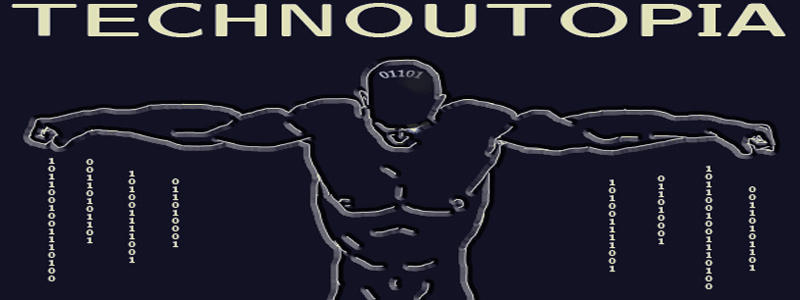"While going to meetings I had already been studying why some papers are remembered and most are not. The technical person wants to give a highly limited technical talk. Most of the time the audience wants a broad general talk and wants much more survey and background than the speaker is willing to give. As a result, many talks are ineffective. The speaker names a topic and suddenly plunges into the details he's solved. Few people in the audience may follow. You should paint a general picture to say why it's important, and then slowly give a sketch of what was done. Then a larger number of people will say, ``Yes, Joe has done that,'' or ``Mary has done that; I really see where it is; yes, Mary really gave a good talk; I understand what Mary has done.'' The tendency is to give a highly restricted, safe talk; this is usually ineffective. Furthermore, many talks are filled with far too much information."Read the whole thing if you'd like advice from a top shelf scientist and engineer about how to do really meaningful research. His comments about how to do effective technical communication are spot on in my view; I've been to more conferences than I can easily count where the presenters take the easy way out by diving immediately into their very narrow realm of expertise.
Thursday, February 23, 2006
Richard Hamming: You and Your Research
Richard Hamming: You and Your Research:
Subscribe to:
Post Comments (Atom)


No comments:
Post a Comment